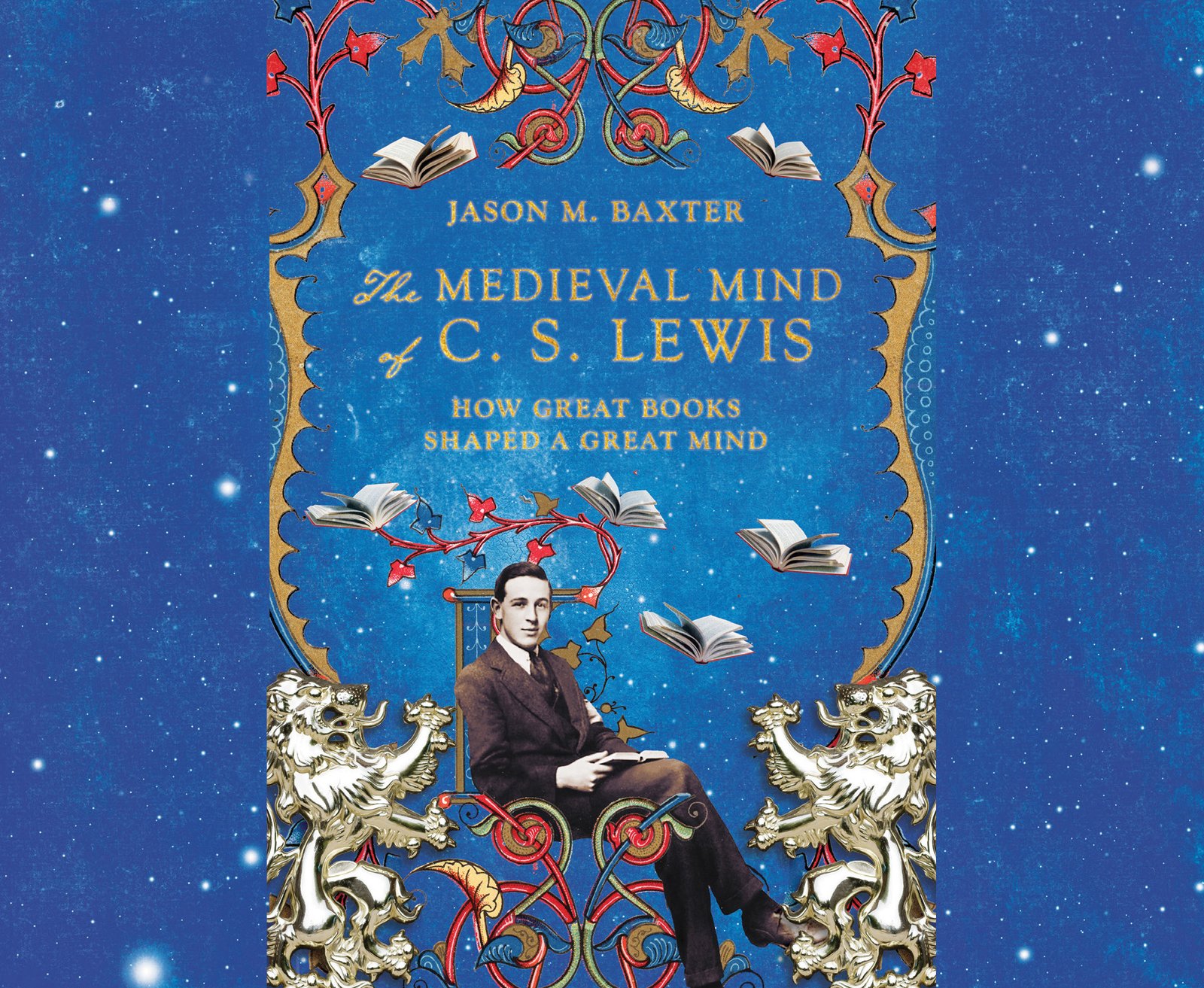
01 Sep Book Review of The Medieval Mind of C.S. Lewis: How Great Books Shaped…
Discovering the Depths: A Review of The Medieval Mind of C.S. Lewis by Dr. Jason M. Baxter
It’s rare for a book to make you feel surprised at every turn, but that’s precisely what happened when I picked up The Medieval Mind of C.S. Lewis: How Great Books Shaped His Philosophy by Dr. Jason M. Baxter. As someone with a fondness for C.S. Lewis—partially born from a childhood spent wandering the magical streets of Narnia—I was drawn to Baxter’s examination of how Medieval thought influenced Lewis’s literary legacy. The combination of thoughts on literature, philosophy, and spirituality promised an enriching experience, and it surely delivered.
Dr. Baxter dives into Lewis’s connections to the Medieval landscape, brilliantly illustrating the cultural and philosophical shifts that define our modern view of the cosmos. The book is structured into a captivating introduction, eight enlightening chapters, and a resonant conclusion. Each chapter allows readers to explore thoughts about existence and the nature of reality that have evolved over centuries. The "Great Divide," as Baxter terms it, separates Medieval perspectives from contemporary thoughts, revealing how Lewis weaves these age-old ideas into his works. I was particularly drawn to Chapter Five, wherein Baxter unearths Lewis’s profound indebtedness to Dante. Reading it felt like unearthing buried treasure.
What truly impressed me was Baxter’s ability to synthesize complex philosophical ideas in a way that felt accessible rather than daunting. This isn’t merely an academic exercise; it’s a bridge connecting the erudition of the Medieval period to the emotional depth of Lewis’s writings. One of my favorite tidbits from the book came from a discussion in Chapter One about Boethius’s notion of eternity versus perpetuity, which tied beautifully into my own meditations on time and existence. Baxter’s expression—“perpetuity is nothing more than an endless chain of brief moments” (p. 28)—stuck with me long after I closed the book.
Knowing nonfiction isn’t my usual go-to genre, I was pleasantly surprised by how engaging Baxter’s writing was. The prose felt infused with a enthusiasm for the subject matter, inviting me not just to think but to feel the weight of Lewis’s imaginative world. A quote from Chapter Two about how Lewis wanted to create “a world in which Christianity could be breathed” resonated deeply, encapsulating the transformative power of fiction. It reminded me of how Narnia not only served as a story but as a conduit of truth during my own journey.
This book is more than just a scholarly examination; it is a heartfelt reflection on the capacity for wonder in literature and faith. Baxter’s seamless blending of scholarly rigor with a personal touch keeps the reader tethered to the material. I could easily see it being used as a supplemental text in a classroom setting alongside Lewis’s own writings.
In conclusion, The Medieval Mind of C.S. Lewis is a gem for anyone who appreciates Lewis’s works or is intrigued by the intersection of faith and literature. It’s a beautifully packaged invitation into a deeper understanding of both Lewis and the Medieval influences that shaped him. For me, it reignited a passion for exploration, not just of Lewis’s world but of the intricate dance between history, literature, and spirituality. If you’re looking to enrich your mind and soul, I highly recommend picking up this insightful work. You might just find new layers of enchantment within the pages of Lewis’s timeless tales.
Discover more about The Medieval Mind of C.S. Lewis: How Great Books Shaped… on GoodReads >>









